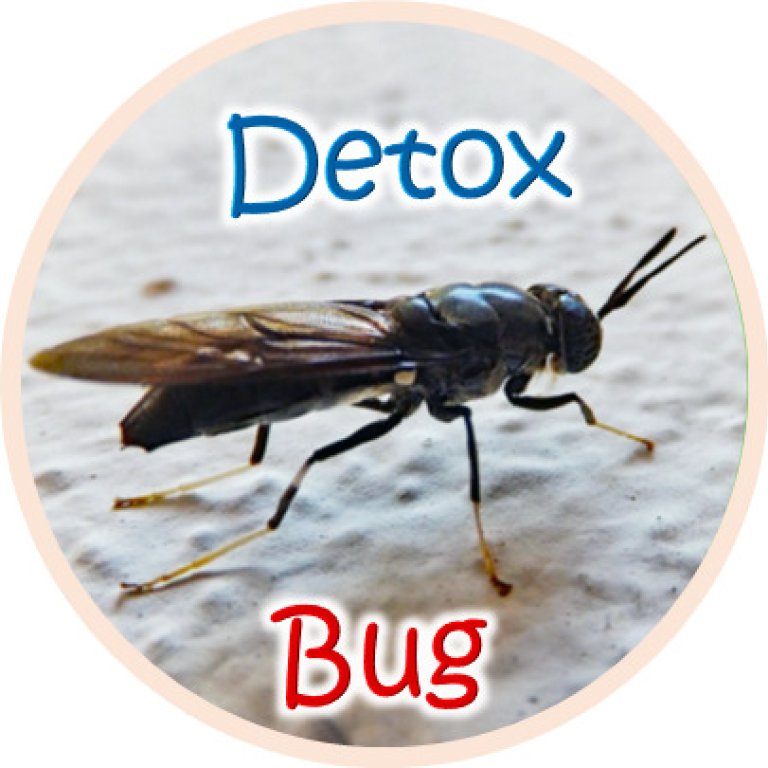Biotransforming mycotoxin-contaminated raw materials into valuable feed sources by detoxification in insect larvae
Insect larvae are considered as a promising protein source for more sustainable animal feed. The aim of the project is to explore if the larvae of the Black Soldier Fly are able to detoxify mycotoxins so that they can consume contaminated materials that otherwise would have to be destroyed. The absence of mycotoxins or their degradation products in the larvae would mean a sustainable value enhancement of larval products and reduction of biomaterial wastes.
Insect farming can play a key role in making feed for farmed fish and domestic animals more sustainable. Proteins and fat of insect larvae are valuable resources, which can replace less environmental-friendly produced materials. Insect farming requires less water, chemicals and space than conventional agricultural production, reducing the carbon and ecological footprint.
Especially interesting are the larvae of the Black Soldier Fly (BSF). They can feed on many different types of organic matter, including sewage sludge and mouldy food wastes without apparent effects to their welfare. This ability opens up new opportunities of using otherwise discarded raw materials. However, the robustness of the insect larvae leads to the question of what happens to the toxic compounds in the contaminated feed after uptake.
Mouldy materials can contain high levels of certain mycotoxins, which can cause serious diseases or even death in mammals. Therefore, authorities have set maximum allowed values for the most relevant mycotoxins in food and feed. It is thus important to know if novel feed produced from insect protein and fat still contains harmful mycotoxins or if the larvae are able to remove or detoxify these substances. Before this is clarified, and health risks to domestic animals and humans from the consumption of insect-containing products can be excluded, the use of waste materials in insect farming will not be permitted. Currently, the potential detoxification of mycotoxins in BSF larvae is largely unexplored.
The DetoxBug project aims to fill this data gap by studying the physiological processes (metabolism) in the larvae that result in specific changes in the mycotoxin molecular structures, decreasing their toxicity. Furthermore, the mycotoxin levels in the larvae, their faeces and rests of the feeding stuffs will be determined. The project is realised in a collaboration between Norwegian BSF producing companies and the Norwegian Veterinary Institute.

Partners
- Pronofa ASA
- Felleskjøpet Fôrutvikling




